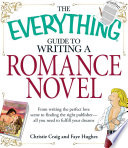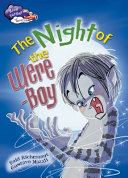📚 3 Books mentioned in "Stacey Abrams on Leveling up and Serving the Common Good" of The Daily Stoic

Podcast: The Daily Stoic
Episode: Stacey Abrams on Leveling up and Serving the Common Good
Published on October 13, 2022
Here’s a list of all the books mentioned in this episode. Click on the links to watch specific excerpts on YouTube and feel free to purchase the books if they caught your interest!

Meditations
Buy Meditations by Aurelius Marcus on Amazon
Marcus Aurelius refers to the common good like 40 times in his meditations. My favorite line says what’s bad for the hive is bad for the bee; to me, if businesses could think that way, and I try to think about that with my business—do I pay people a fair wage?
In this segment, the host discusses the book "Meditations" by Marcus Aurelius, highlighting a significant line that emphasizes the importance of the common good. The host reflects on how this philosophy can be applied to business practices, particularly in terms of fair compensation.

The Everything Guide to Writing a Romance Novel
Buy The Everything Guide to Writing a Romance Novel by Christie Craig, Faye Hughes on Amazon
The same thing is true with a romance novel I wrote in 2004; those are opportunities that can proliferate, and I don't have to write another word for it to be true, and someone else can pick up the ball and run with it. That still exists and operates without me having to be involved day to day, just like the movie rights of a project can be purchased from you—someone else can do it.
Stacey references one of her previously written romance novels as an example of a creation that becomes its own entity, separate from its creator, while still providing value. This highlights the concept of building scalable assets.

The Night of the Were-Boy
Buy The Night of the Were-Boy by Enid Richemont on Amazon
I've probably written three or four books before it really occurred to me that like it was called intellectual property. Yes, and that you’ve created a thing.
The host discusses having written several books and reflects on how these works are considered intellectual property, contributing to a larger conversation about writing as a business.
